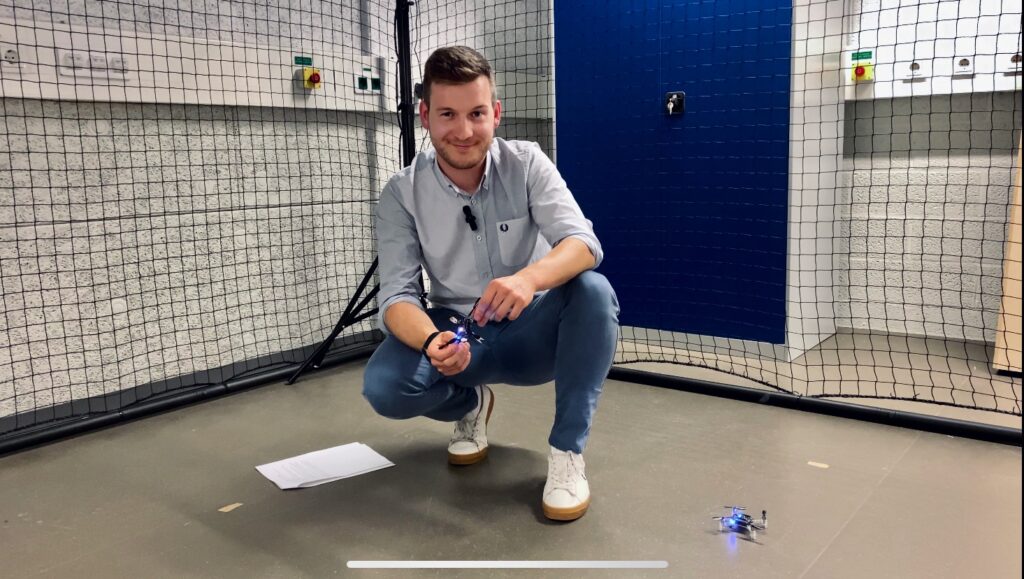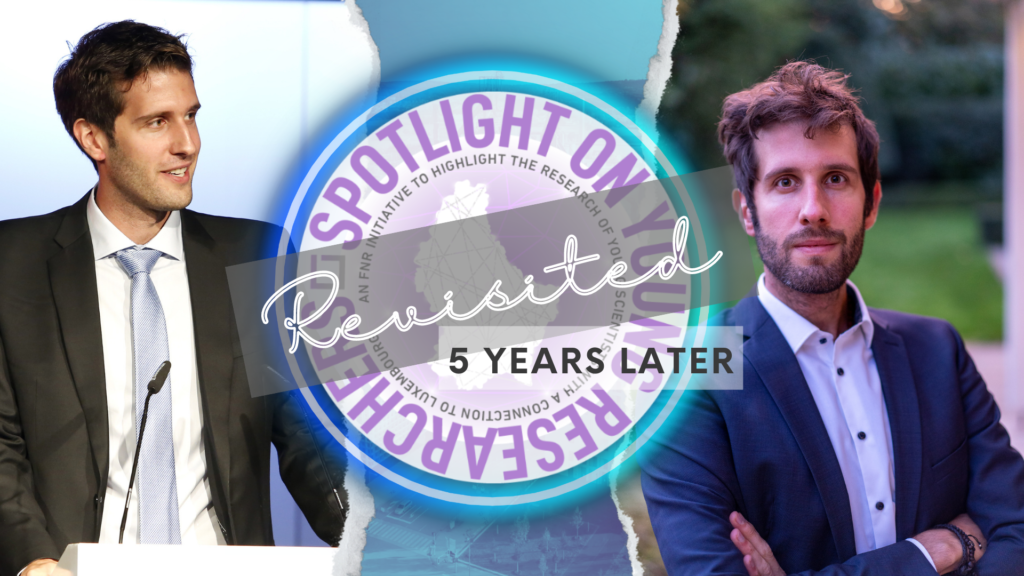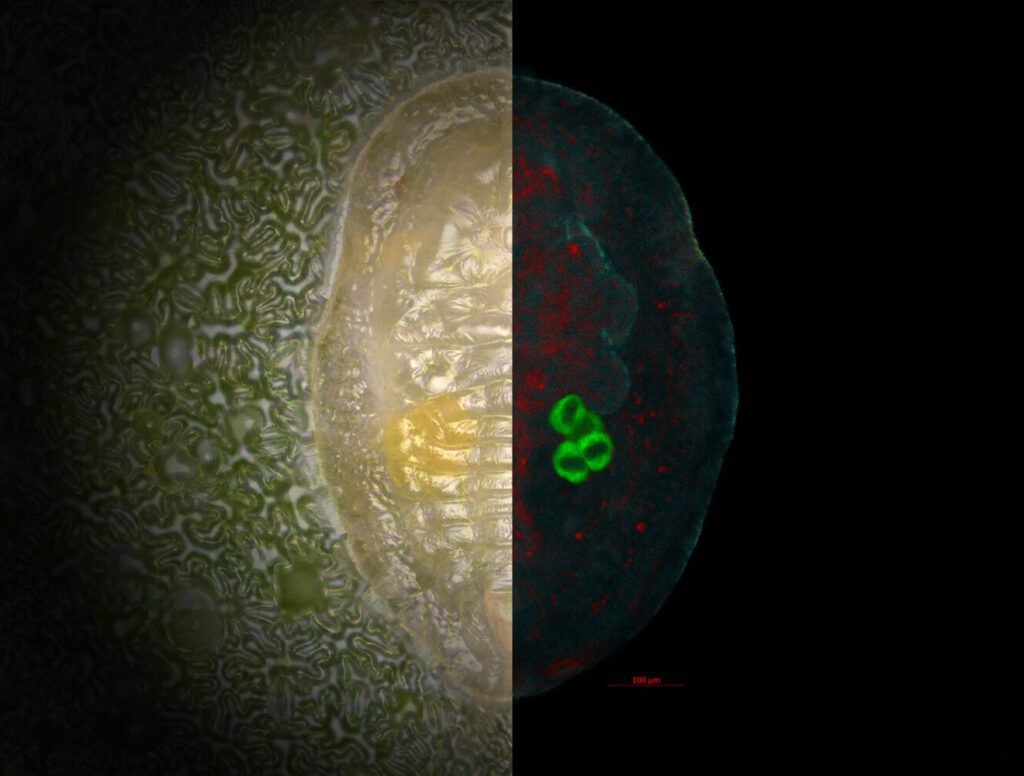Every two years, the FNR commissions a survey study to understand the level of notoriety and the perception of the Luxembourg research community among the general public. Discover the findings!
Do people in Luxembourg trust science and research?
Yes! 70% said they trust science and research, 3% more than in the 2019 survey.


Are people in Luxembourg interested in science and research?
Yes! 64% said they are interested in science and research. This is the highest this number has ever been in this survey. The interest is spread fairly evenly across age range, with people of Luxembourg nationality showing the most interest compared to other nationalities.


Do people trust information they read about science and research more if they read it in the press, or on the channels of the research actors?
= 89% of people trust the information they read about science & research when it is disseminated by research actors. 76% trust the information they read about science and research in the press – generally, the higher the level of education, the higher the level of trust in information disseminated about science & research, both by the media and directly by research actors.
The pandemic has thrust science and research into the limelight, rarely has the impact it has on our every day lives been so tangible to so many people. Is the important role of scientists in Luxembourg during the pandemic recognised by people – or not?
40% of people feel well or moderately informed about science and research in Luxembourg, up from 34% in 2019. With this in mind, do people want to be more informed?
Do people agree that a small country like Luxembourg should conduct research? How do they feel about the investment in it?
87% of people said yes, Luxembourg should conduct research – the highest number ever in this survey! 57% of people even said the country should invest more in scientific research, a 9% increase compared to 2019.
(For information: The total budget allocated by the Luxembourg state to the public research institutions in Luxembourg for 2018-21 is 1.44 BEUR. Of the 1.44 BEUR, 340 MEUR is allocated to the FNR, in line with the multiannual contract 2018-21.)
“We are very pleased that the Luxembourg population trusts researchers and research and that more investment in research is wanted. At a time when science is very much in the public eye and there is criticism as well as praise, it was particularly exciting this year to see whether the poll numbers would rise or fall.
“We had expected the scores on awareness of individual actors to rise. But we had not expected that virtually all survey values would rise. The public’s trust in science has increased, as has interest. People increasingly agree that research has an impact on our social, economic and personal lives. What also pleases us is that people are positive about the contribution of Luxembourg research in overcoming the pandemic.” – Marc Schiltz, Secretary General of the FNR
The survey study was carried out by Quest on 600 people in March 2021.
View or download the complete 2021 survey results
Read the science.lu analysis
2019 survey
Discover: FNR highlights
- All
- Environmental & Earth Sciences
- Humanities & Social Sciences
- Information & Communication Technologies
- Law, Economics & Finance
- Life Sciences, Biology & Medicine
- Materials, Physics & Engineering
- Mathematics
- Spotlight on Young Researchers
- Sustainable resource mgmt
- Women in science





























